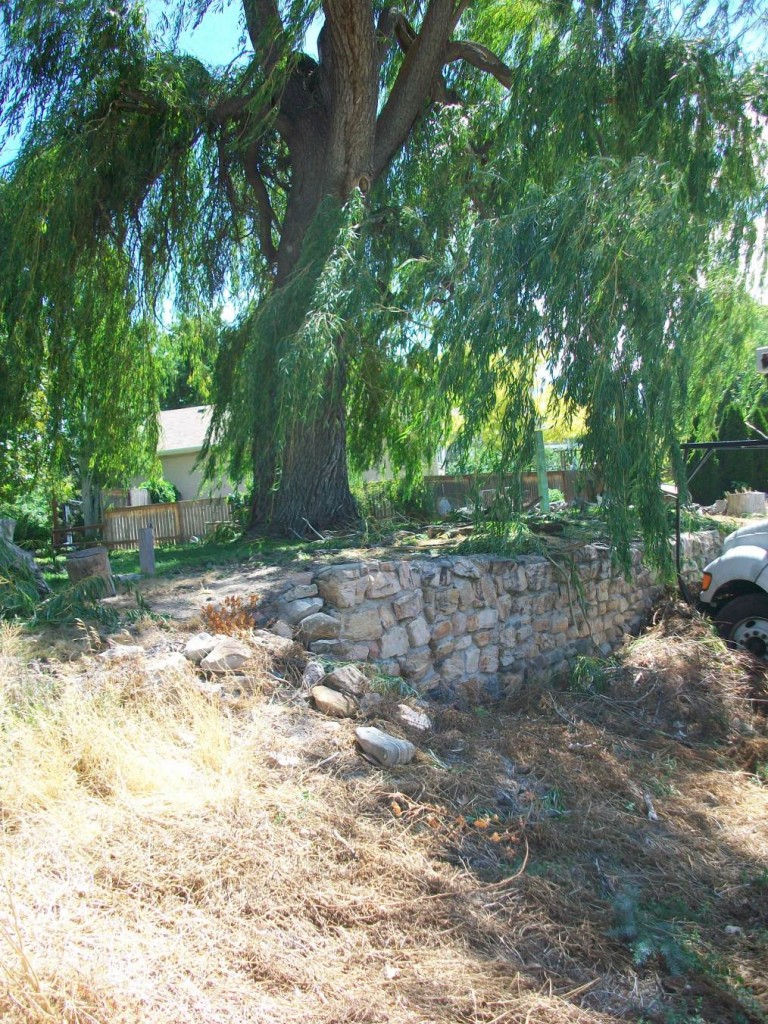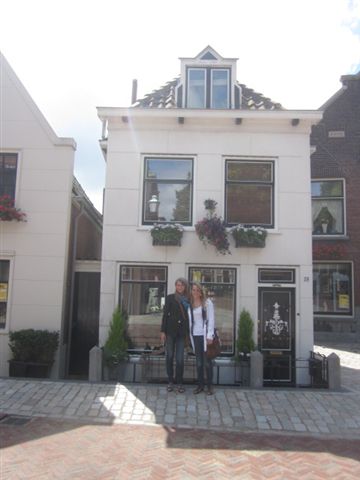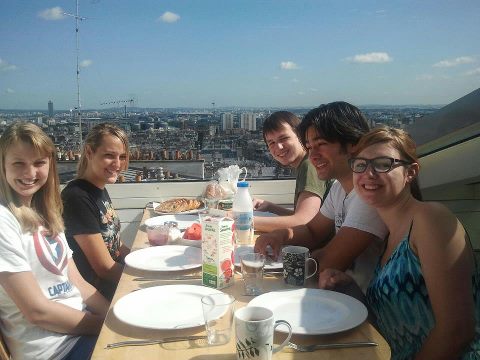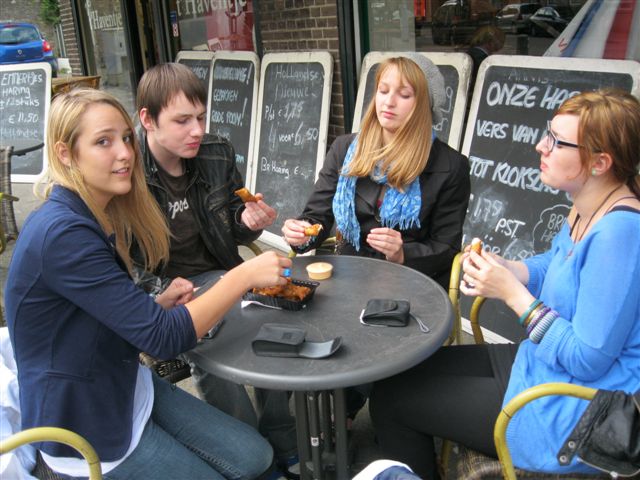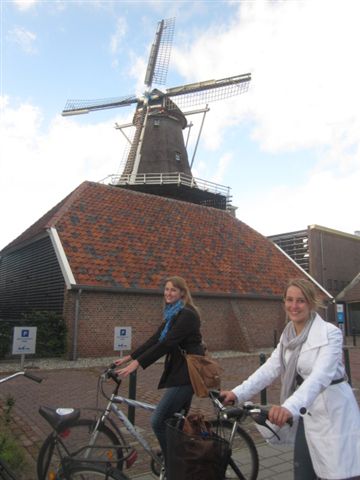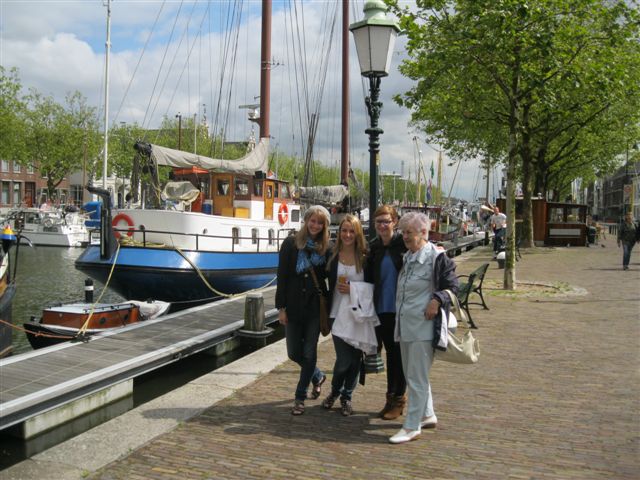Oh, yes, yes, How much I did understand
I recently turned a hallway corner and startled a young couple holding each other closely, sharing a moment of love and tenderness.
As soon as they saw me, they hurriedly stepped apart, blushing, embarrassed, and their reaction was obvious, that I, of another generation, could not in any way, understand their actions or what they were feeling.
I was momentarily tempted to pause and tell them that indeed I did understand. That I was intensely aware of their happiness, and could feel the emotion that passed between them, because, as the old song says, ”I had a love of my own, you see, I had a love of my own.”
We live in a world that seems programmed to think that love, and all its glory that ‘makes life worth living’, is meant only for the young. And that if you are 50, or anywhere beyond, that love is foolish and out of the question. That any marriage, at those ages, must be nothing but empty, hollow arrangements and could never have the least thing to do with that most ‘tender emotion.’
How wrong they are. Oh, heavens, how wrong they are and how much they have to learn as they are taking their first startled steps into the world that is at the heart, and the reason for every birth, book, opera, song, poem, sculpture or work of art.
They were so young, so starry eyed and they think the joys and love they are experiencing can, in no way, be understood by people their parent’s age. But they must be excused, because every generation thinks the wonders and joys of love and sex are unique to them.
It is the wise (blessed? lucky?) ones who go through the young infatuations, and though moved, recognize them for what they are. To enjoy, learn, but carefully, oh most carefully avoid any acts or commitments that could entail a child, marriage, and so often a divorce.
I read, and still like to refer to Margaret Mead’s book, the world-wide classic, Coming of Age In Samoa written in 1925, after she lived there as an Anthropologist. Among other aspects of their life, Mead wrote of Coming of Age, or as we say, the Teen years. In Samoa at that time, love and sex were routinely expected, accepted, and tolerated with no criticism. She compared sex as arriving to those of those early years, like flash fires, bolts of lightning and over just as quickly.
However, if a Samoan pair conceived a child, (and here their rules were adamant and frighteningly strict), and with no censorship, they were automatically considered ‘married’ and would continue that responsibility until the child (children) reached adulthood. And horribly harsh punishments followed if those rules were ignored.
But then, when those ‘family’ years were completed, they had done their duty to the next generation and were free to do as they pleased, and again with no criticism. What did it matter, they said. It is the children who are important and must be nurtured.
But back from Samoa to my encounter in that hallway. Teen-age love comes, and goes, and that young pair I interrupted has so much to learn. How swiftly that first wild love can fling them into a marriage they’re not ready for. A child? A divorce? And leaving both disillusioned, bitter and knowing that the rest of their lives have been irrevocably changed.
But life does not stand still. We get older, hopefully wiser and no matter how badly burned or blessed with that first Bolt of Lightning, time passes, life heals, and then another love enters people’s lives. Not the same as the first, not taking the place of any cherished memories, and not to be criticized or explained, but entirely different. And welcome.
Yes, I passed the young couple I had surprised without seemingly giving them more than a passing glance, but they could not and can not know what thoughts and memories they stirred, and at the same time, what hopes and fears of where their lives, almost out of their control, would now go.
I knew they thought I would/could not understand them, but I understood so well that a smile touched my lips as I recalled another song that tells us “Love is wonderful, the second time around.” And whoever penned those words knew exactly what they were talking about.
And while we’re on the subject, and not in Samoa or even in that hallway, and as if you don’t already know, I’ll tell you a secret. If you’re lucky, the third time is nothing to be underestimated either. And a fourth time? You’re asking the wrong person, but each one, in its own way, is distinct, different, wonderful.
Oh me, and all this from a moment’s encounter in a out-of-the-way hallway.

